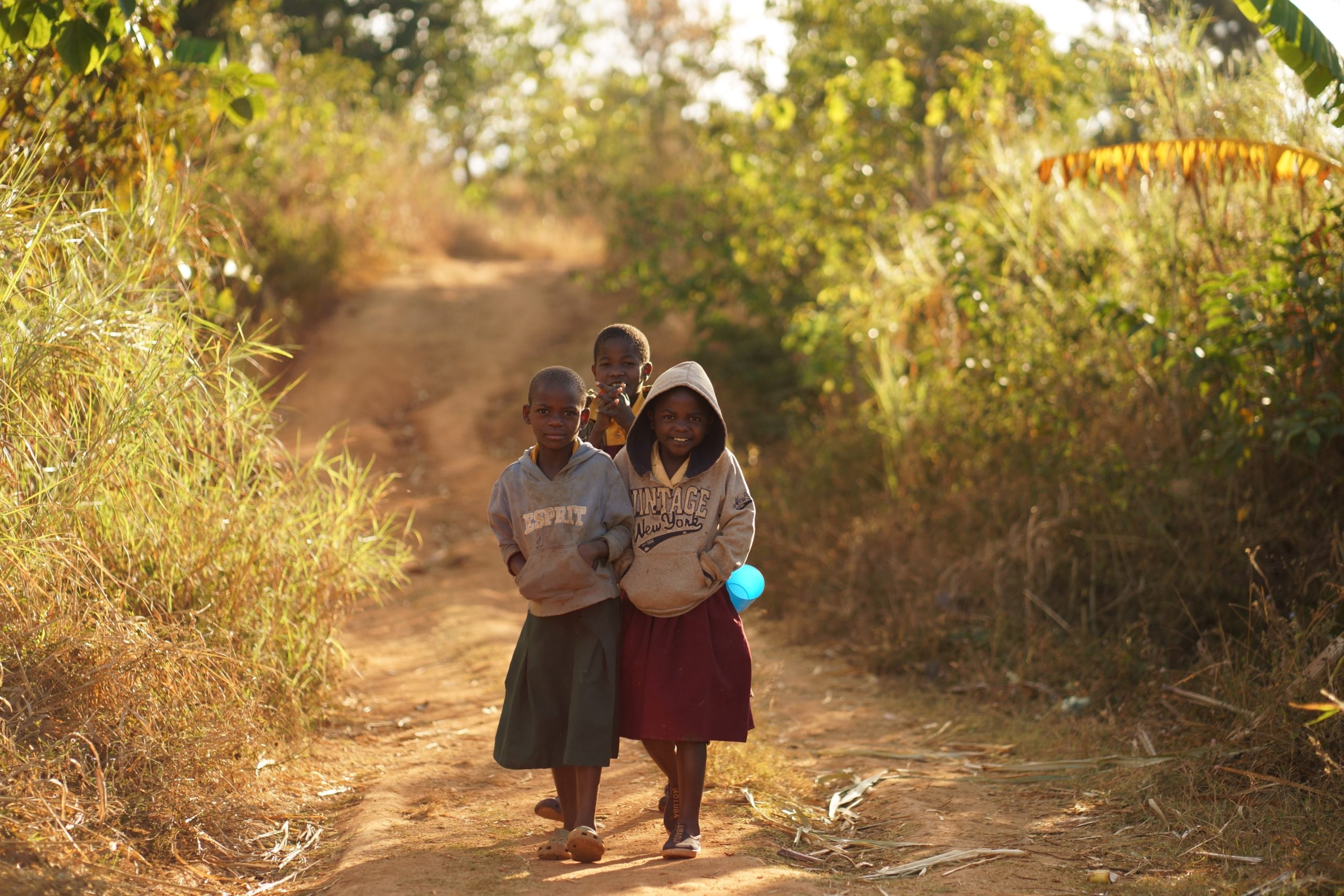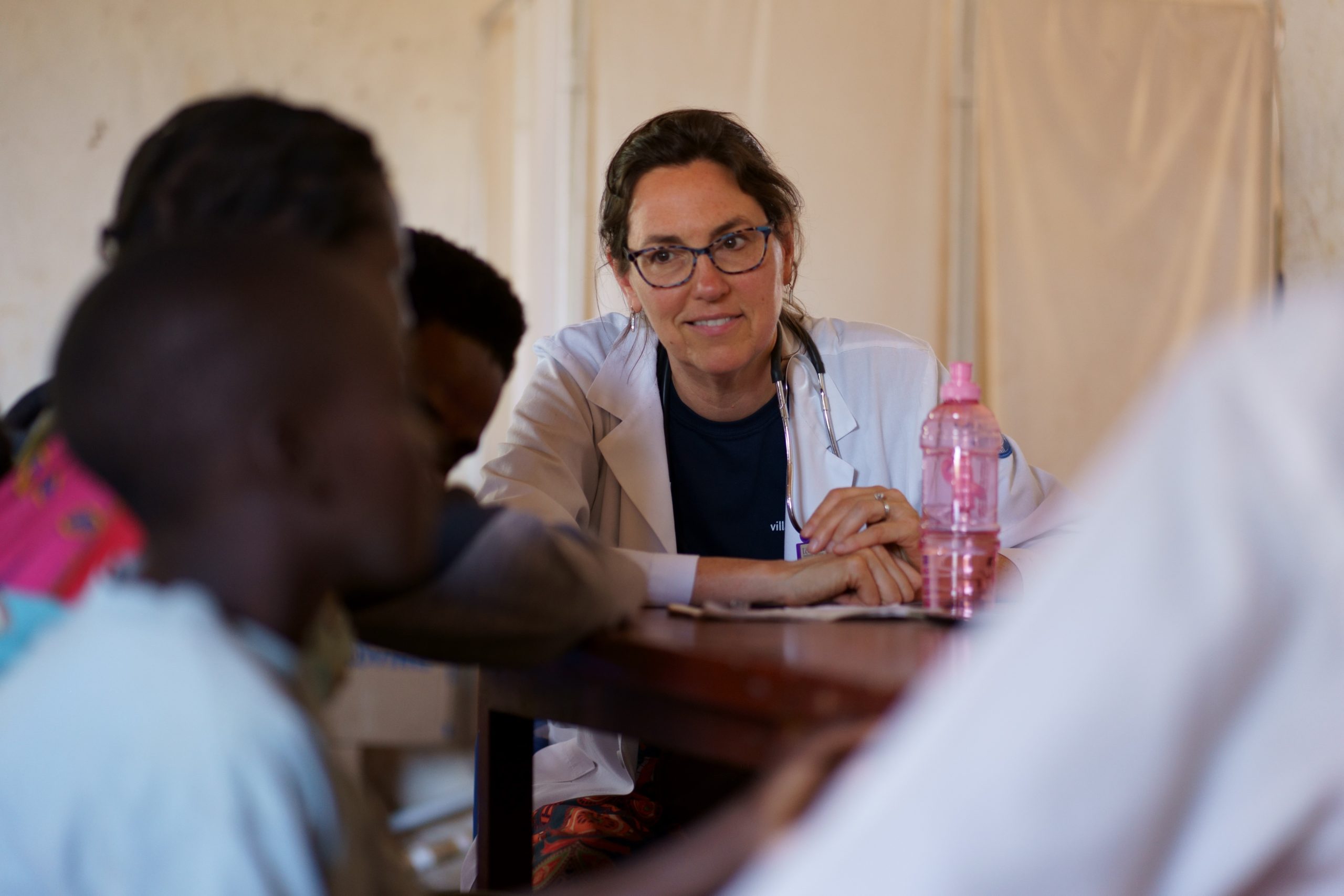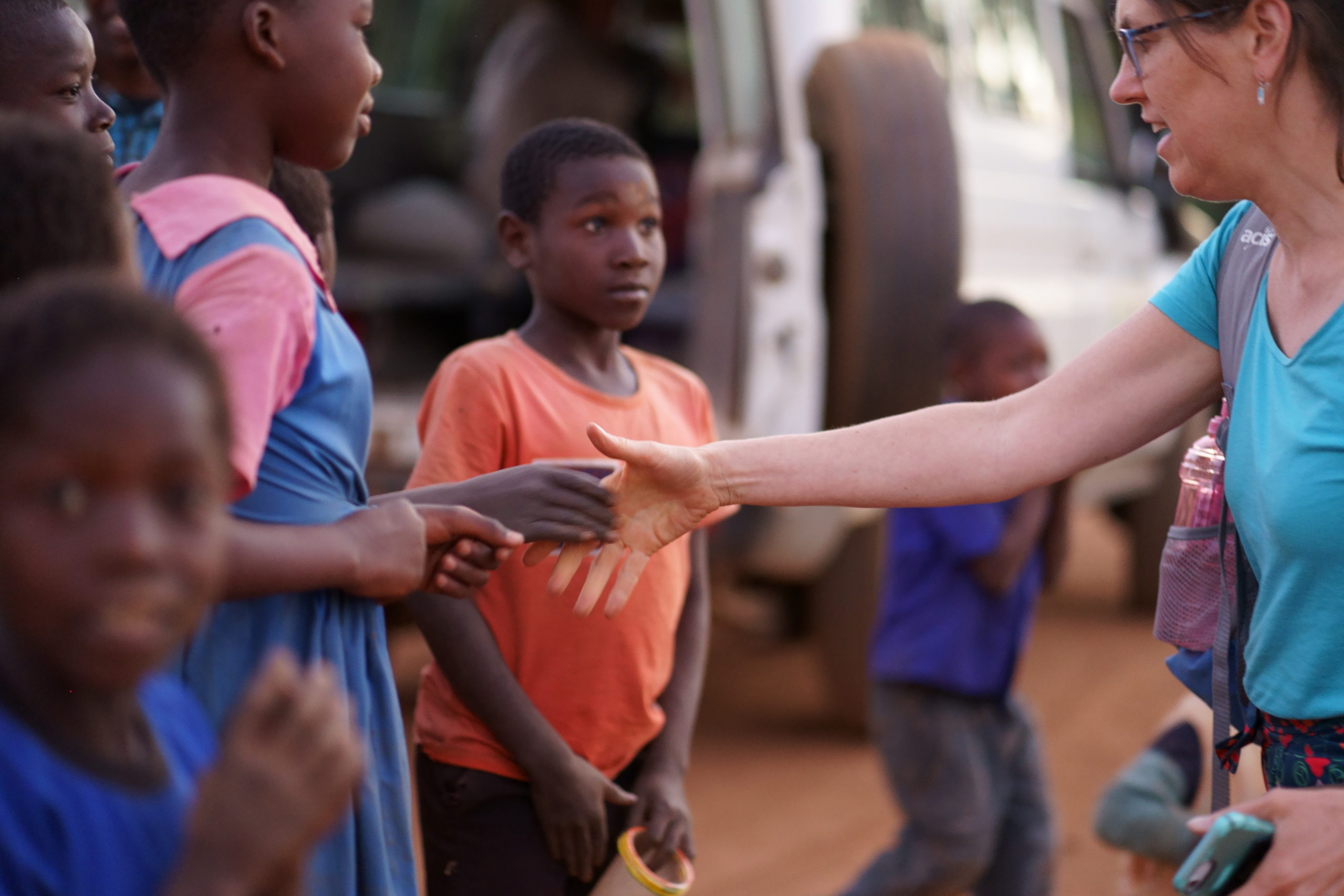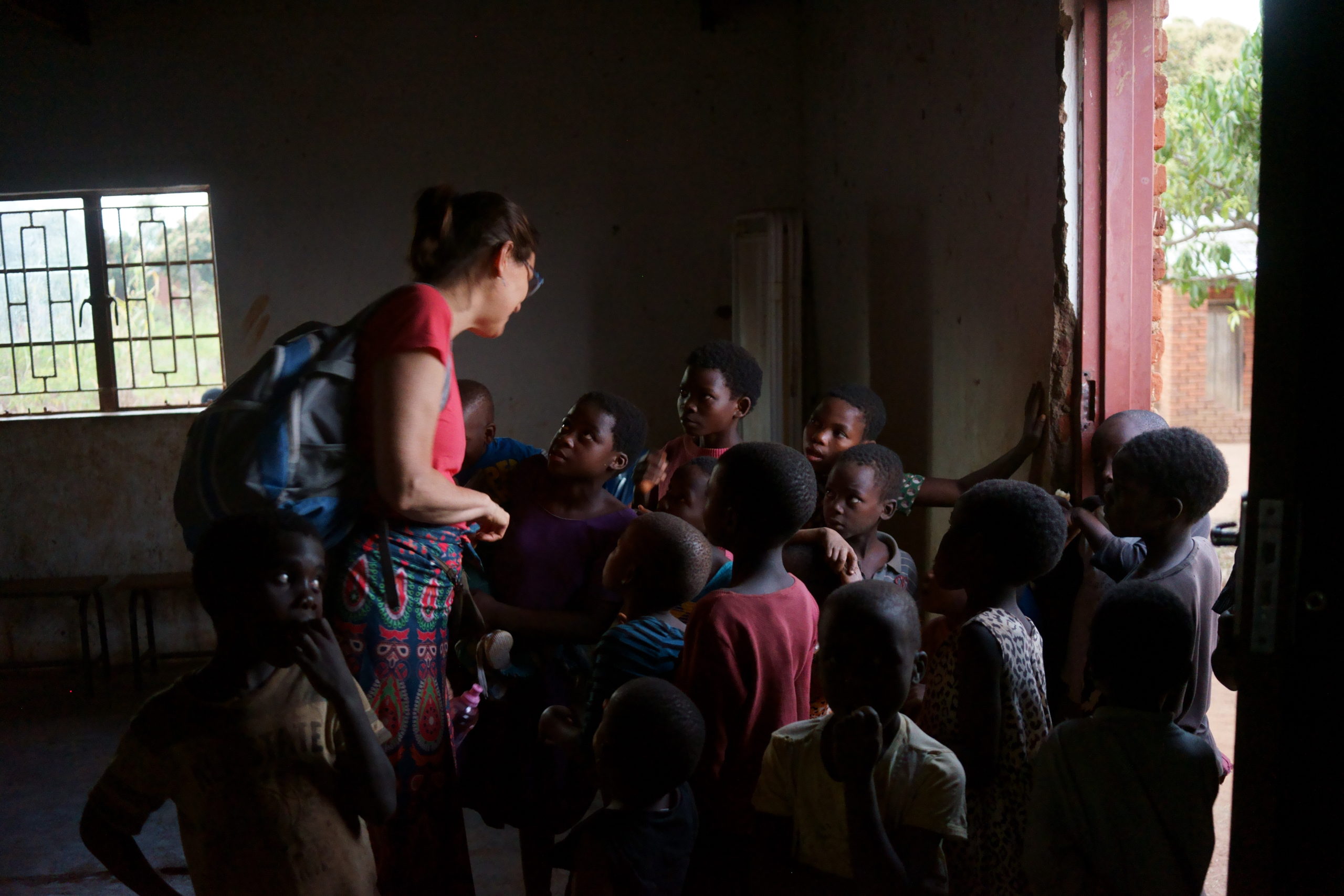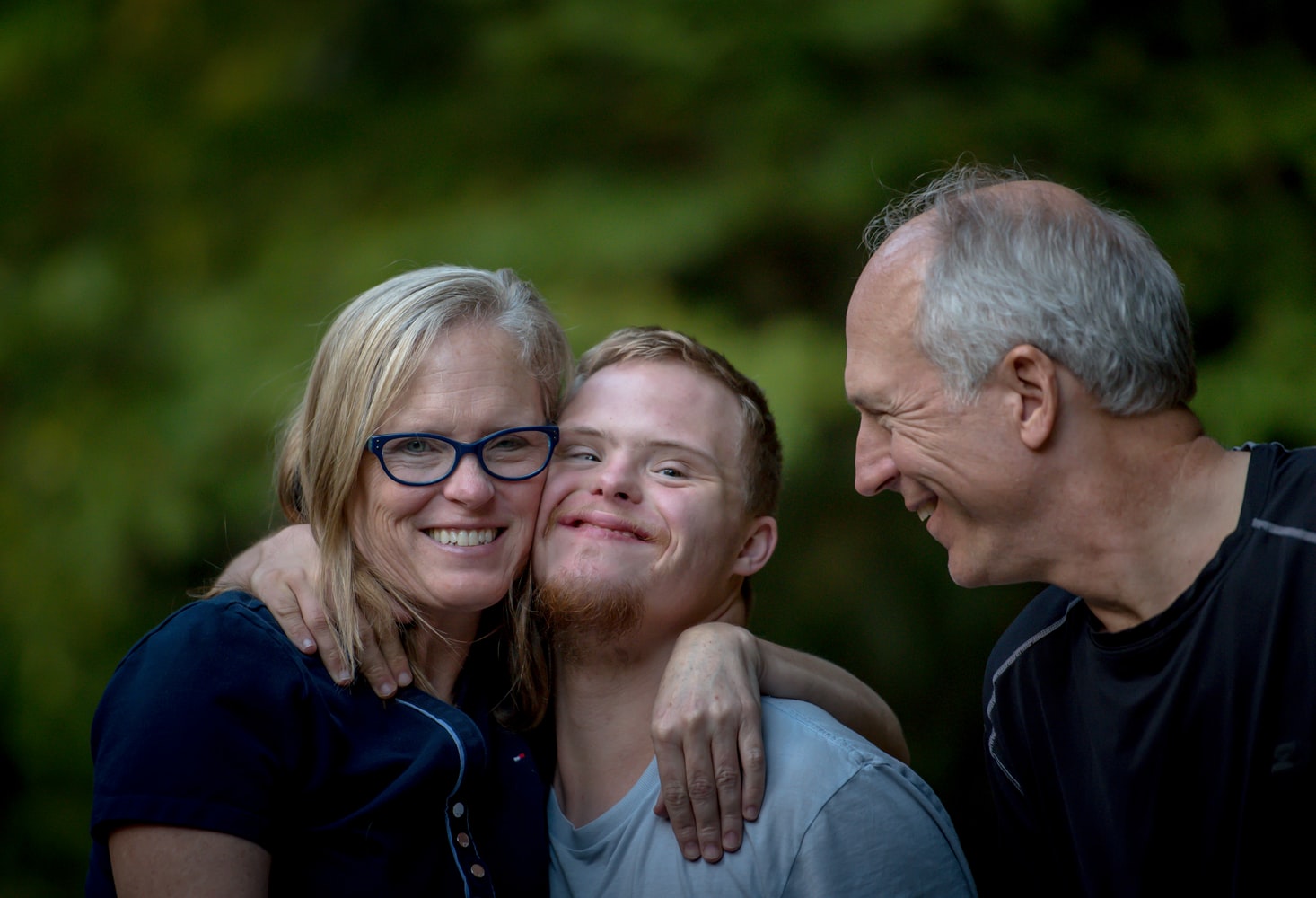During this past July I was lucky enough to return to Malawi in the south-central part of Africa for another medical mission trip. I went as part of a team of 26 Americans; a combination of physicians, dentists, nurse practitioners, nurses and nursing students who worked hand in hand with more than 50 Malawian physicians, medics, nurses and community workers to set up 3 pop up clinics in remote rural villages without electricity or running water. People are often struck by what they think of as a sacrifice on my part to go on these trips. What they don’t realize is that I receive as much from these trips as I give.

The people of Malawi are a warm and loving people and I felt like I had been given a gift when they welcomed us with such open arms. They have a very communal culture spending most of their waking hours with others in the community. I met several Peace Corps workers while I was in Malawi and they said that for an American this could sometimes become overwhelming. They were living imbedded in a small village and if they needed “alone time” they would try to go into their hut for some quiet. However, the Malawian villagers would follow them into their huts, concerned that they were sick if they were going off to be on their own.
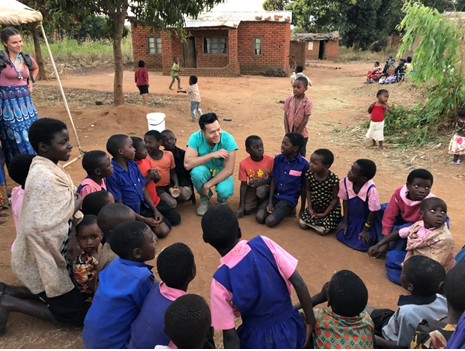
During my short stay this was not a problem for us. We enjoyed learning about the Malawian language and culture. We stayed in a Presbyterian conference center that was a working farm. The conference center employees came every day at dawn to prepare our food which was mostly traditional Malawian food prepared over an open fire. We learned to appreciate nsima, a cooked corn meal porridge, with various toppings made of greens, chicken or goat. Nsima is the basis for most Malawian meals although in the regions closer to water, rice is also frequently eaten.
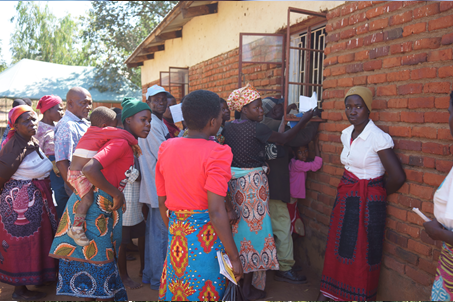
We learned that Malawians are very religious; 78% are Christian and 14% Muslim. We worked in both Christian and Muslim villages. On Sunday during our stay we attended the Presbyterian Church in the nearby village of Liti. This was a rich cultural experience for everyone in our group, even those who were not Christian. There were several choirs of different ages who sang and danced during the service. We joined in forming an ad hoc American choir. We were able to learn and sing two songs in the local language of Chichewa. Luckily there were a few local Malawians who joined us and kept us on key!
We had an opportunity to visit Malawians in their homes during home visits to several needy families who could not get to our clinics. We brought gifts to the families as is the tradition in Malawi. These included clothes and shoes as well as soap and other toiletries. We had an opportunity to ask questions about the villagers’ lives and to see inside their homes. One family was in the process of rethatching their roof and the most important gift we gave them was the large plastic trash bags which carried our other gifts. The family planned to use these to waterproof their roof!
Most villagers raise their own food via subsistence farming raising corn or rice during the rainy season and hoping it lasts through the dry season. They also raise goats and chickens who often sleep inside the huts with the families. During the day the animals wander outside, but they always find their way home at night. I found it interesting that the villagers could always tell the chickens and goats apart! During our stay we helped vaccinate the chickens in one village against Newcastle Disease, a viral illness that was ravaging the chicken population until the vaccine was introduced. VIP helps the villagers to pay for the vaccine by supplying it to them at a reduced cost.
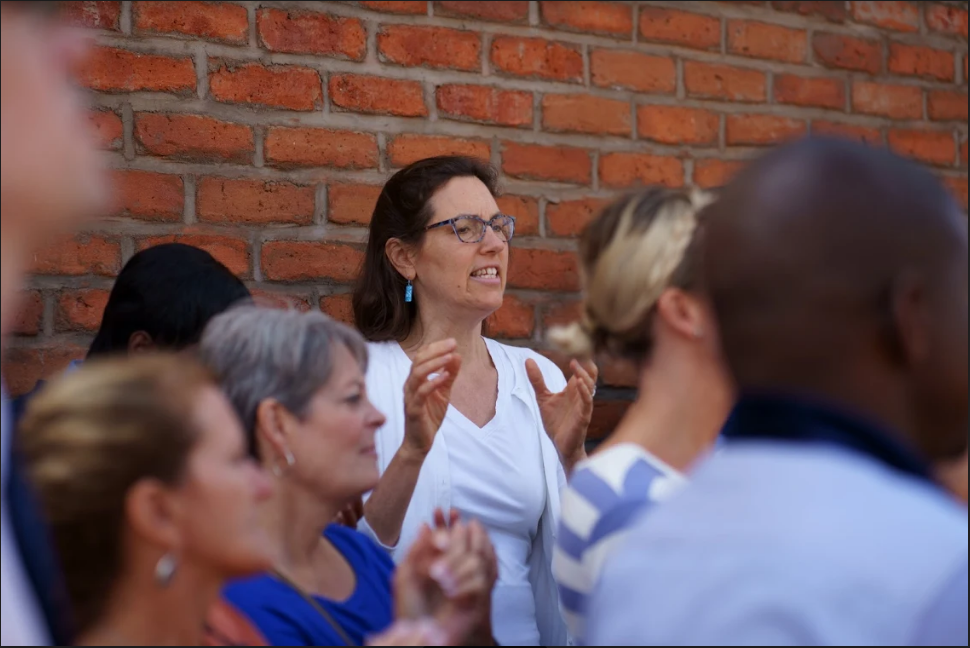
Villages in Partnership (VIP) also works with the villages to increase sustainable food sources. They have a program that offers needy families a goat or chickens to increase protein supplies. In addition, the goats supply needed fertilizer for the families to improve crop output. VIP works directly with farmers to improve cultivation techniques, too, including using improved seeds and fertilizers. It has also started a solar irrigation program to irrigate and grow crops during the dry season or when rain does not come as expected. I am so glad to be able to work with an organization that offers so much to the community.
To read more experiences from Dr. Barbara Edwards, Princeton internist, visit her Facebook page.


